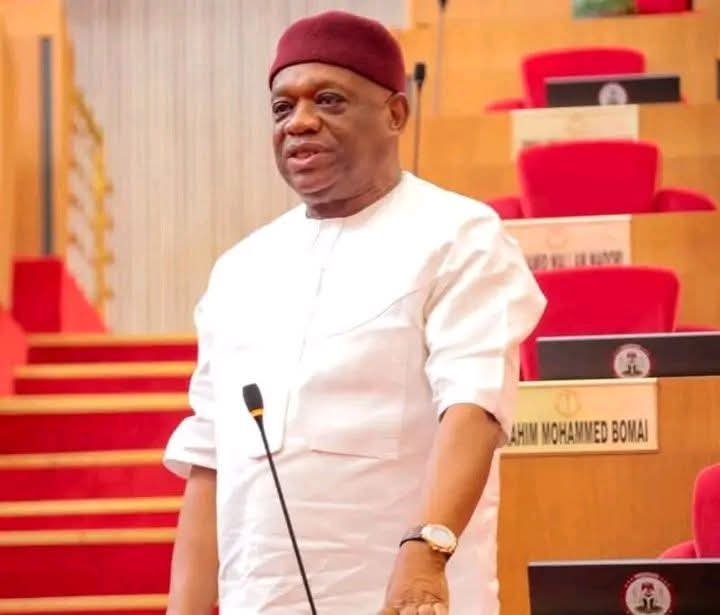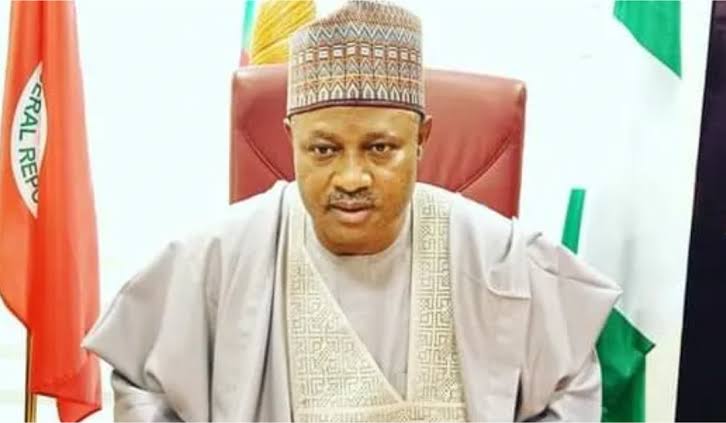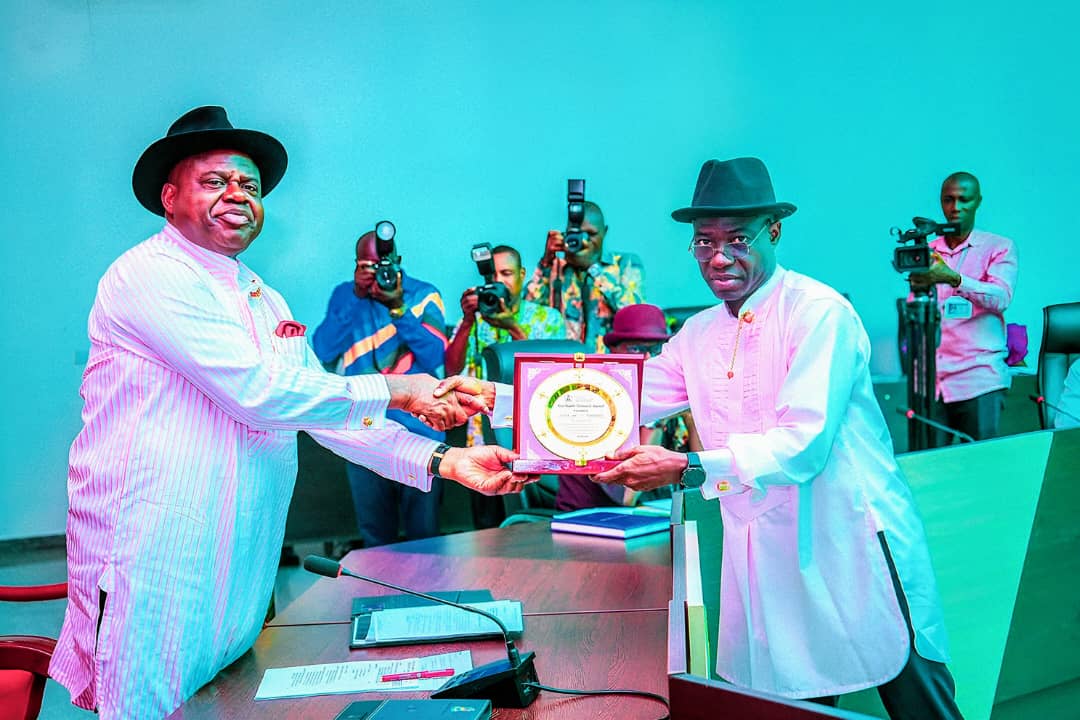Senator Orji Uzor Kalu, a former Governor of Abia State and current lawmaker representing Abia North in the Nigerian Senate, has made a controversial statement alleging that the majority of billionaires in Nigeria amassed their wealth through the embezzlement of government funds.
In a statement that has since gone viral on social media, Kalu claimed that apart from himself and a few others, most of those who are billionaires in the country today acquired their riches by illegally siphoning public funds. He warned that if provoked, he would be willing to publicly reveal the identities of those involved.
“Apart from me that doesn’t steal, and just a few others, everyone else who’s a billionaire today in Nigeria stole government money,” the senator said. “Any day I get angry, I will call names.”
Kalu, who is a prominent figure in Nigerian politics and business, made the remark amid ongoing national discussions about corruption, governance, and the concentration of wealth among political and business elites. His statement has sparked widespread reactions, with many Nigerians calling for him to follow through on his threat to expose individuals who have looted the nation’s resources.
The comment is particularly significant given Kalu’s own history with corruption allegations. In December 2019, he was convicted by a Federal High Court and sentenced to 12 years in prison for fraud involving over ₦7.1 billion during his tenure as governor. However, the Supreme Court in May 2020 overturned the conviction on procedural grounds and ordered a retrial, which has yet to conclude.
Despite the controversy surrounding his legal battles, Kalu remains active in politics and has positioned himself as a vocal figure within the All Progressives Congress (APC). He has repeatedly maintained his innocence and insists that he built his fortune through legitimate business ventures before entering politics.
Kalu’s recent comments appear to be a critique of systemic corruption in Nigeria’s political and economic systems. His remarks come at a time when public frustration over economic hardship, wealth disparity, and perceived impunity for corruption is intensifying.
Calls for greater transparency and accountability in the management of public funds have grown louder in recent years, especially in light of high-profile corruption cases and declining living standards. Anti-corruption agencies such as the Economic and Financial Crimes Commission (EFCC) continue to investigate public officials and business figures, although critics argue that enforcement has been selective and politically motivated.
Kalu’s statement, while echoing the sentiments of many Nigerians, raises questions about the complicity and silence of political leaders in the face of alleged financial misconduct by their peers. If his threat to expose names is carried out, it could trigger significant political fallout and reignite national debates about corruption at the highest levels.
As of now, Senator Kalu has not released any additional details or named any individuals. It remains unclear whether he intends to substantiate his claim or whether the statement was made out of personal frustration or political posturing.
Nonetheless, the remark has added fuel to ongoing conversations about the sources of wealth in Nigeria, the role of public office in personal enrichment, and the persistent challenge of corruption that continues to hinder development and erode public trust in government institutions.





